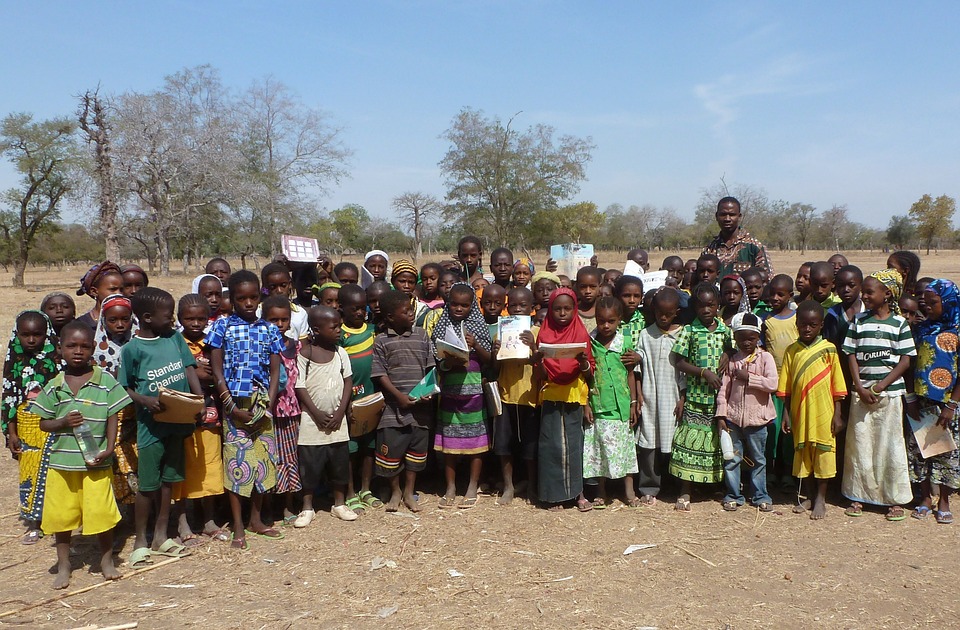Dozens give up life over violence in Sahel region

Dozens of civilians have been killed in tit-for-tat clashes between communities in northern Burkina Faso last week, the ruling party said on Wednesday, the latest in a bout of inter-communal violence afflicting West Africa's Sahel region. Burkina and neighbouring Mali have seen a spike in ethnic clashes fuelled by Islamist militants as they seek to extend their influence over the Sahel, an arid region between Africa's northern Sahara desert and its southern savannas.
Islamist attacks have risen in recent months, and the violence has reignited long-standing tensions between communities as certain groups are blamed for collaborating with the jihadists. Fresh violence arose near the town of Arbinda in Burkina's Soum province during the night of March 31, when a religious leader and six of his family members were killed by unidentified armed men, the ruling Movement of People for Progress (MPP) party said in a statement on Wednesday.
"On the morning of April 1st, reprisal acts were reported in the Arbinda Department. They were directed against a community following the assassination of a religious leader," said MPP spokesman Bindi Ouoba. "The provisional, non official death toll is of around 20 dead."
The MPP statement said a royal family was also attacked in the neighbouring Boulgou province on the night of March 31, leaving at least nine dead. Burkinabe government spokesman Remis Fulgance Dandjinou said there would be no official declaration or death toll for the time being.
Deteriorating security prompted the government to declare a state of emergency in several northern provinces bordering Mali in December, which was extended by six months after jihadists attacked civilians in Soum. Burkina Faso, which had previously been known for its stability in a troubled region, has suffered 499 fatalities from attacks on civilians between November 2018 and March 23 of this year - a more than 7,000 percent jump from the same period a year earlier.
(With inputs from agencies.)
- READ MORE ON:
- West Africa
- Burkina Faso
- AvalonBay Communities
- Autonomous communities of Spain
- Fox Communities Credit Union
- The Dozens
- Team Leader
- Animals as Leaders
- Leader Board
- Provinces of China
- Provinces of Belgium
- Provinces of Italy
- Banani- Mali
- Mali national football team
- Supporters' groups
- Google Groups
- The Province
- Bali Province
- Phuket Province
- Sahel
ALSO READ
Kerala: Opposition leader VD Satheesan casts vote in Ernakulam
LS polls: BJP leader Vasundhara Raje casts her vote in Jhalawar, says PM Modi will win a third term
Kashmir leaders urge EC to reconsider Anantnag-Rajouri Lok Sabha bypolls postponement
NC leader Omar Abdullah, PDP chief Mehbooba Mufti ask EC not to postpone polls in Anantnag-Rajouri Lok Sabha seat.
Youths in large numbers took loans to give bribes to TMC leaders: PM Modi at rally in West Bengal's Malda.










